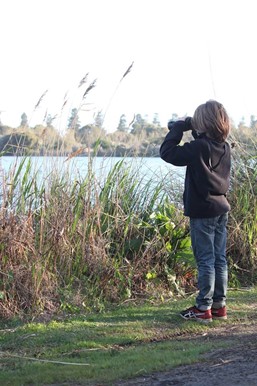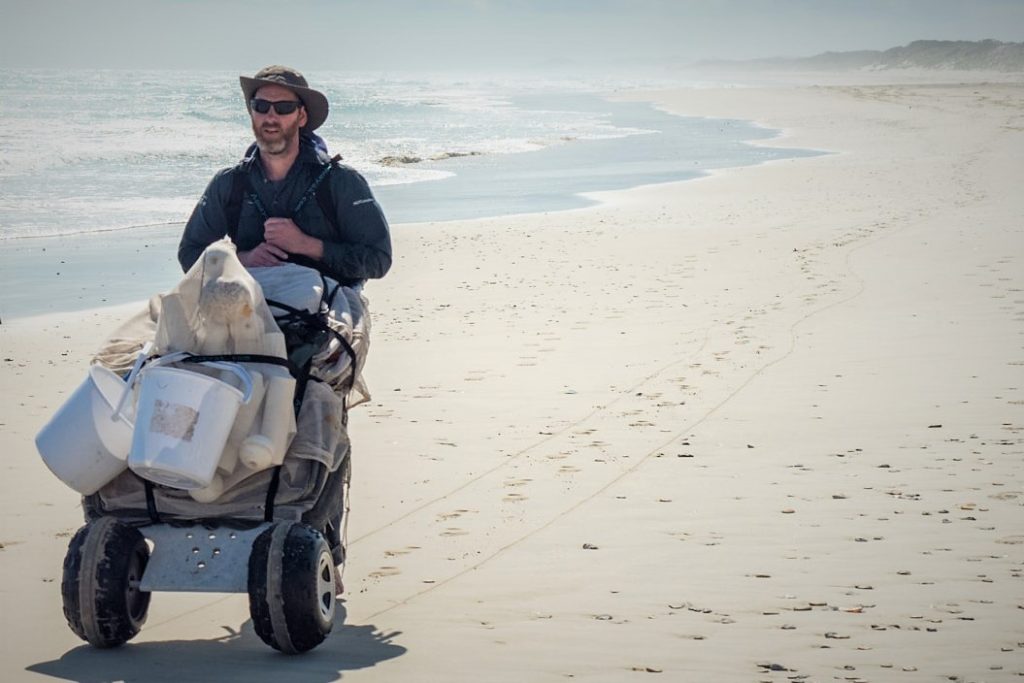How do you become an ecologist?
“Ecologists buy 1,000-acre blue gum plantation and transform it into wetland“, was the title of an article recently published by Emily Bissland, Senior Features Reporter for ABC South West Victoria.
“Ecologist” is a title ubiquitous across our organisation, and we probably take it for granted that we are a team of ecologists. But even though ecology has gained wider understanding, it is still not a mainstream occupational title. It usually falls into the “other” checkbox when filling out employment information. There’s not too many children who would declare that when they grow up, they want to be an ecologist. I hadn’t actually understood the word myself until I started university, and I certainly didn’t envisage that one day I would become an ecologist. But if I think about the things I was interested in as a child, then that is exactly what I wanted to be.
I was recently asked “How do you become an ecologist?”. To be honest, I wasn’t entirely sure, and I was stumped for an answer.
Naturally, I deflected to what courses I had studied at university, my professional experience and of course, the fact that I like working outdoors. While all of this had provided a good foundation for the understanding the natural world, the first “ecologists” I knew were more the calibre of statistical geniuses, able to grasp and articulate sophisticated models describing how life and the environment interact. But even as a student, I found that once you were able to process all the numbers, theories and connections, it always just seemed like common-sense.
In retrospect, everything about ecology seems obvious.
Like any deep knowledge it is about appreciation, experience, and observation, and the more you watch, the more it makes sense. So really, anyone with an interest in nature, and a continually developing understanding and appreciation of how our flora, fauna and environments interact surely is becoming an “ecologist”.

It is undoubtedly one of the biggest existential threats to the health of our planet, that our very sense of being part of the environment has broken down. Establishing links with the natural environment from a young age is key to ensuring that this connection is fostered in our everyday life and, for the sake of the planet, our decision making. The fact we have lost that connection seems to be a major contributing factor towards the shift of trajectory from co-existence to short-sighted exploitation of natural resources. Clearly, the world needs more ecologists.

So how did I become an ecologist? The simple answer is that I grew up with a lifestyle focussed on outdoor experience, building the initial appreciation. But then I was mentored how to investigate and connect the dots with the things I observed and, perhaps most importantly, the value of comparing those with the observation of others. It’s not something that comes naturally in the modern world, nor something we are sufficiently reminded of in modern lifestyle, our education systems or even our acknowledgement of what is truly essential. It is something which requires time. Time to think, time to observe, time to learn and time to be reminded.
But the biggest and most overlooked limitation to rolling out good ecological practice is the capacity to go beyond observation, to actually undertake actions which make ecological sense. The most fulfilling transition in my professional development has been that capacity to actually move from ideas, observation and understanding, to being part of a team that is getting things done on the ground. We are all too often exposed to the ecological bad news occurring around us so it is vitally important that we see some gains, use these stories to inspire others and, every now and then, create a bit of good ecological news.

